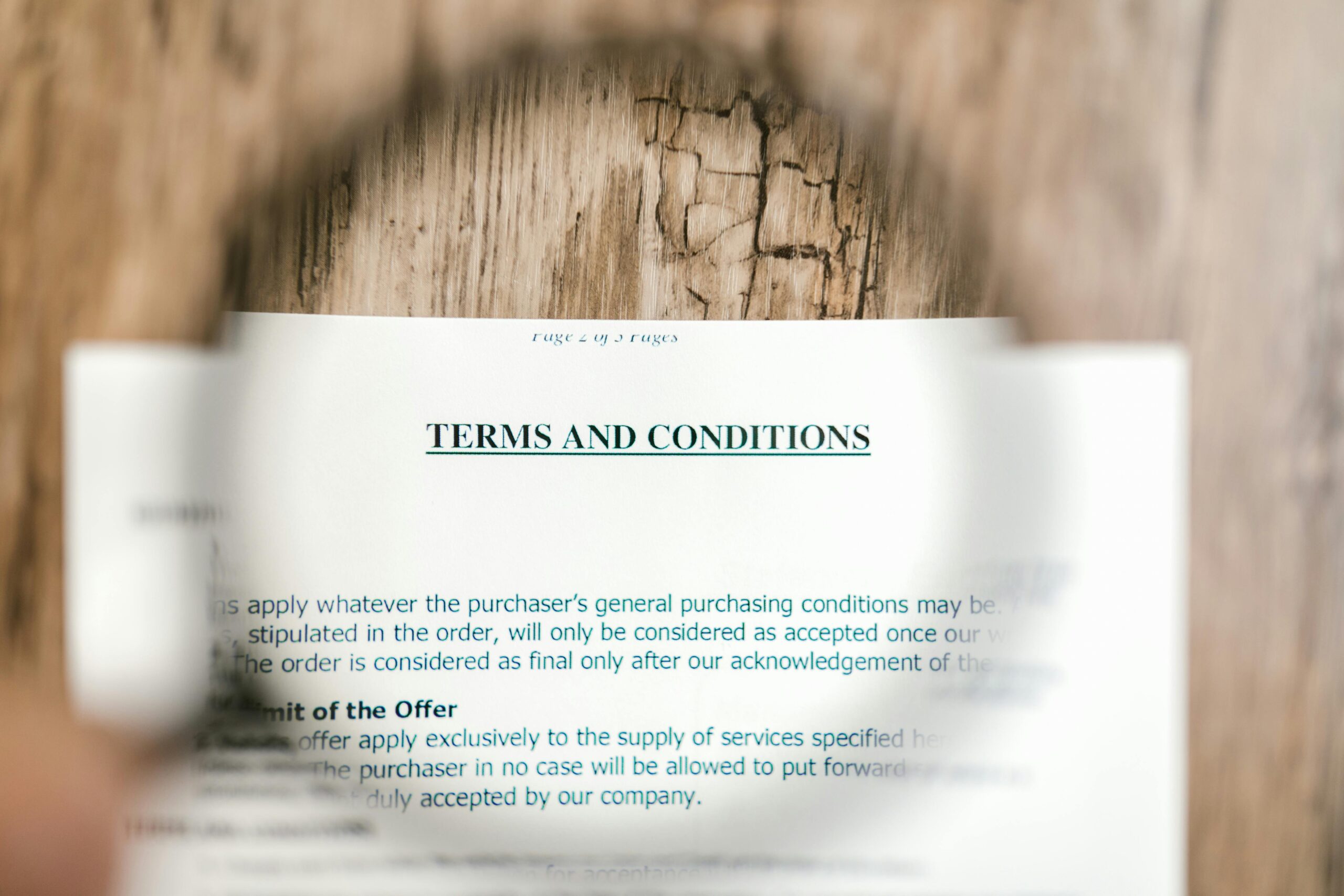How does user agreements affect technology companies?
EULAs, Terms of Service, Privacy Policies, and other user agreements for websites and mobile apps play a crucial role in shaping the interactions between technology companies and their users. These agreements serve as legal contracts that govern the terms of use, data privacy, and intellectual property rights associated with accessing and using digital platforms.
For Florida-based technology companies, these agreements have significant implications on their operations and technology development. They establish the rules and guidelines for user engagement, data collection, storage, and sharing practices, as well as liability limitations in case of disputes or breaches. Moreover, these agreements help companies maintain compliance with applicable laws and regulations, both at the state and federal levels.
Need help regarding user agreements? Schedule your consultation today with a top technology law attorney.
In Florida, which laws and regulations apply to user agreements?
In Florida, several laws and regulations govern EULAs, Terms of Service, Privacy Policies, and other user agreements for websites and mobile apps, ensuring compliance and protecting the rights of both businesses and consumers.
One key law is the Florida Security of Communications Act (FSCA), which outlines regulations regarding the interception, use, and disclosure of electronic communications and stored electronic data. Additionally, Florida’s Deceptive and Unfair Trade Practices Act (FDUTPA) prohibits unfair and deceptive trade practices, including false representations in consumer transactions, which can impact the content and enforcement of user agreements.
Overall, these laws and regulations provide a legal framework for the creation, enforcement, and interpretation of EULAs, Terms of Service, Privacy Policies, and other user agreements, ensuring that technology companies in Florida maintain transparency, protect user privacy, and operate within the bounds of the law.
What are common issues regarding user agreements that lead to litigation?
The following issues are among the most common in actions regarding user agreements:
- Ambiguous Language: Unclear or ambiguous language in agreements can lead to misunderstandings between businesses and users, potentially resulting in disputes and litigation.
- Non-Compliance: Failure to comply with applicable laws and regulations, both at the state and federal levels, regarding data privacy, consumer protection, and other legal requirements can lead to legal action.
- Lack of Consent: If user agreements do not adequately obtain consent or fail to inform users of their rights and responsibilities, businesses may face litigation over issues related to consent and authorization.
- Unilateral Modification: Businesses modifying terms of service or privacy policies without proper notice or consent from users can result in legal challenges alleging unfair or deceptive practices.
- Inadequate Data Protection: Weak data protection measures or breaches of user privacy outlined in agreements can lead to legal action from affected individuals or regulatory authorities.
- Excessive Limitation of Liability: Agreements containing overly broad or unfair limitations of liability clauses may be challenged in court for their enforceability and fairness.
We are value-based attorneys at Jimerson Birr, which means we look at each action with our clients from the point of view of costs and benefits while reducing liability. Then, based on our client’s objectives, we chart a path to seek appropriate remedies.
To determine whether your unique situation may necessitate litigation, please contact our office to set up your initial consultation.
What steps should businesses take to minimize the risk of litigation over user agreements?
To minimize the risk of litigation over EULAs, Terms of Service, Privacy Policies, and other user agreements for websites and mobile apps, businesses can implement the following strategies:
- Clear and Transparent Language: Use clear and concise language in agreements to ensure that users understand their rights, obligations, and the terms of service.
- Legal Review: Regularly review and update agreements to ensure compliance with evolving legal requirements and industry standards.
- Informed Consent: Obtain explicit and informed consent from users before collecting, using, or sharing their personal data, and provide them with the option to opt out.
- Notice of Changes: Provide users with timely and prominent notice of any changes to the terms of service or privacy policies, along with an opportunity to review and accept the modifications.
- Data Protection Measures: Implement robust data protection measures to safeguard user data from unauthorized access, use, or disclosure, and comply with relevant data privacy laws and regulations.
- Fair Limitations of Liability: Ensure that limitation of liability clauses in agreements are fair, reasonable, and comply with applicable laws to avoid challenges to their enforceability.
Frequently Asked Questions
Can I copy user agreements from other websites or apps?
No, copying user agreements from other sources without proper review and customization for your specific business and legal requirements can lead to serious legal risks. It’s essential to draft agreements tailored to your business model, operations, and legal obligations.
Do I need a lawyer to draft my user agreements?
While it’s not mandatory, consulting with a lawyer experienced in technology and contract law can help ensure that your user agreements are legally sound, compliant with relevant laws, and effectively protect your business interests.
Can I update my user agreements without notifying users?
Generally, it’s best practice to notify users of any updates to your user agreements and provide them with an opportunity to review and accept the changes. Failing to do so may lead to challenges regarding the enforceability of the updated terms.
Have more questions about a user agreement-related situation?
Crucially, this overview of user agreements does not begin to cover all the laws implicated by this issue or the factors that may compel the application of such laws. Every case is unique, and the laws can produce different outcomes depending on the individual circumstances.
Jimerson Birr attorneys guide our clients to help make informed decisions while ensuring their rights are respected and protected. Our lawyers are highly trained and experienced in the nuances of the law, so they can accurately interpret statutes and case law and holistically prepare individuals or companies for their legal endeavors. Through this intense personal investment and advocacy, our lawyers will help resolve the issue’s complicated legal problems efficiently and effectively.
Having a Jimerson Birr attorney on your side means securing a team of seasoned, multi-dimensional, cross-functional legal professionals. Whether it is a transaction, an operational issue, a regulatory challenge, or a contested legal predicament that may require court intervention, we remain tireless advocates at every step. Being a value-added law firm means putting the client at the forefront of everything we do. We use our experience to help our clients navigate even the most complex problems and come out the other side triumphant.
If you want to understand your case, the merits of your claim or defense, potential monetary awards, or the amount of exposure you face, you should speak with a qualified Jimerson Birr lawyer. Our experienced team of attorneys is here to help. Call Jimerson Birr at (904) 389-0050 or use the contact form to schedule a consultation.

We live by our 7 Superior Service Commitments
- Conferring Client-Defined Value
- Efficient and Cost-Effective
- Accessibility
- Delivering an Experience While Delivering Results
- Meaningful and Enduring Partnership
- Exceptional Communication Based Upon Listening
- Accountability to Goals











